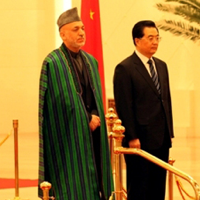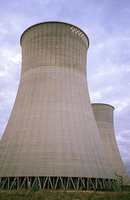
In 1903, the novel “Riddle of the Sands” was published to great acclaim in the United Kingdom. Written by Erskine Childers, the novel told the story of a secret German invasion flotilla prepared to overrun Great Britain. The best of a large genre of “invasion literature” warning in dire terms of the threat that Kaiserine Germany posed to the British Empire, “Riddle of the Sands” apparently helped convince First Lord of the Admiralty Winston Churchill to reposition the Royal Navy to northern bases, safe from German attack. In a paper presented at the 2011 American Political Science Association conference, Dr. […]


